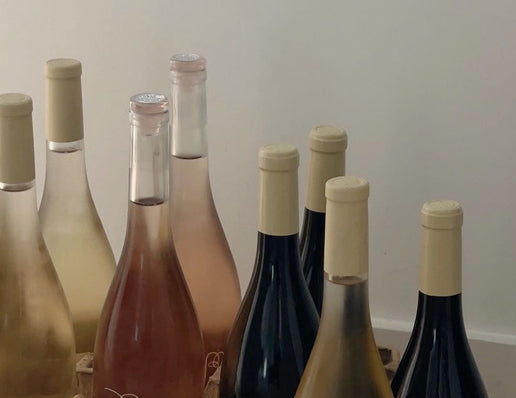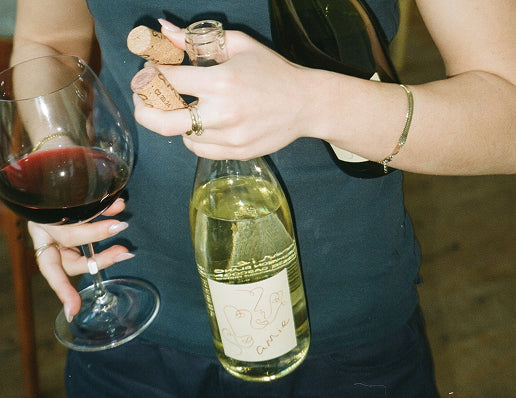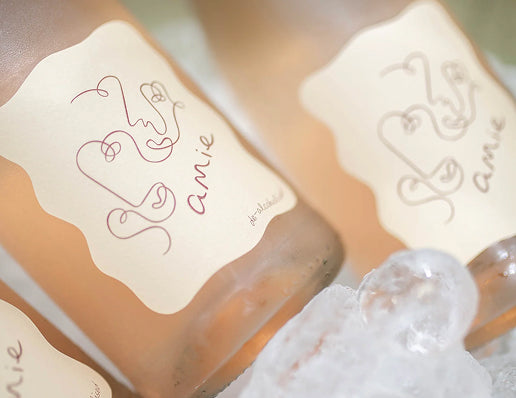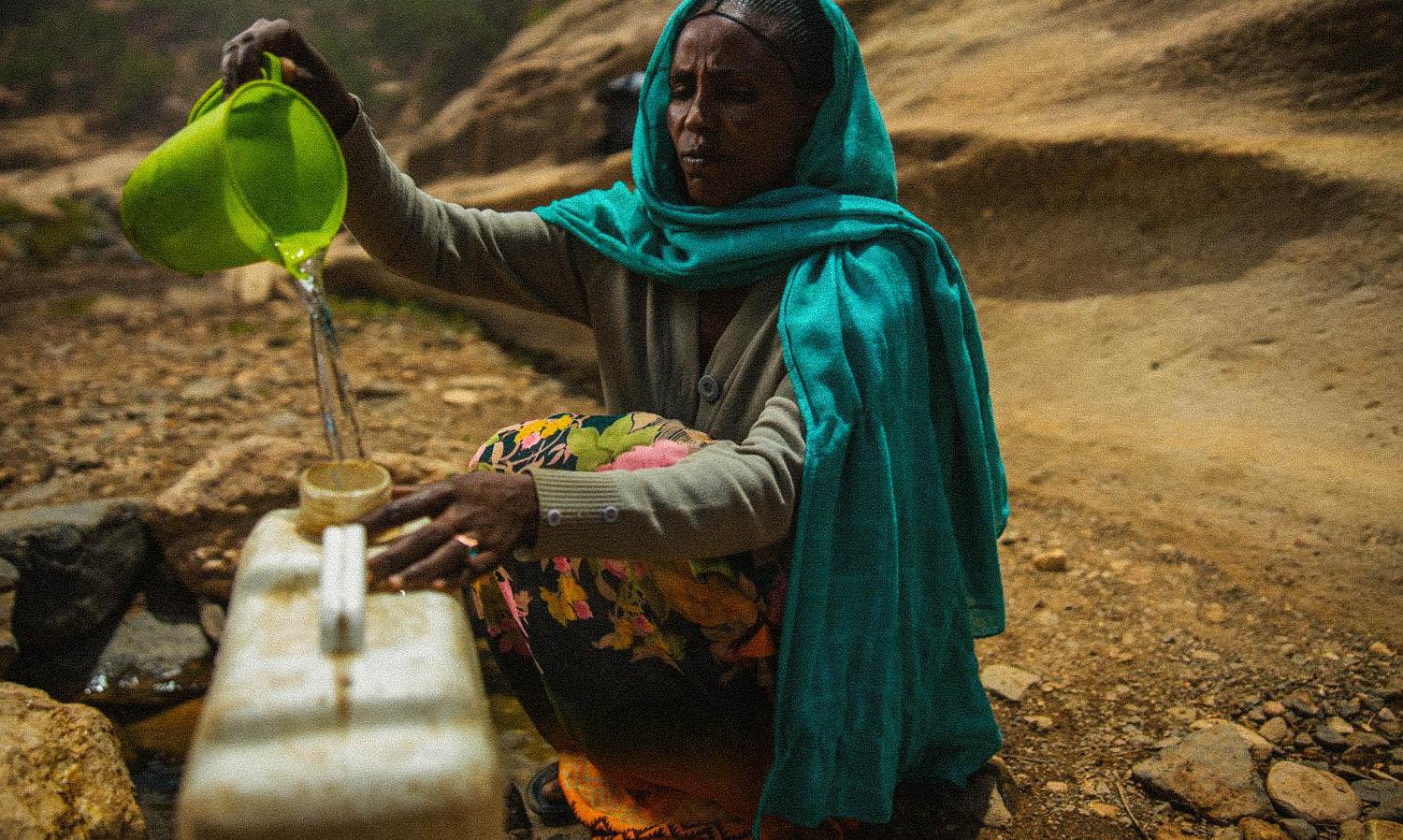
charity: water
amie partners with charity: water, a non-profit organisation bringing clean and safe drinking water to people in developing countries. For every order on drinkamie.com, £1 is donated to charity: water.
AMIE HAS PROUDLY RAISED OVER £35,000 FOR CHARITY: WATER SINCE LAUNCHING IN 2020.
WE HAVE BUILT THREE 'AMIE WELLS' IN UGANDA.
With a radically transparent model that sends 100% of public donations straight to the field — made possible by a dedicated group of private donors, known as The Well, who fund overhead costs, staff salaries, trips to the field and more — charity: water funds sustainable water projects in areas of greatest need, and works with local partners to implement them. The organisation proves every project, using innovative technology and powerful storytelling to connect donors with their impact.
696 million
people in the world live without clean water.
let's change that.
amie Founders -- Abbie & Will Sandbach -- both read the book Thirst by Scott Harrison, charity: water's Founder. It changed their entire perspective on the water crisis.

Why water?
The majority of people without water live in isolated rural areas and spend hours every day walking to collect water for their families. Not only does walking for water keep kids out of school, and take up time that parents could be using to earn money, but the water often carries diseases that can make everyone sick. When a community gets access to clean water, it can change just about everything; it can improve health, increase access to food, grow local economies, and help kids spend more time in school.
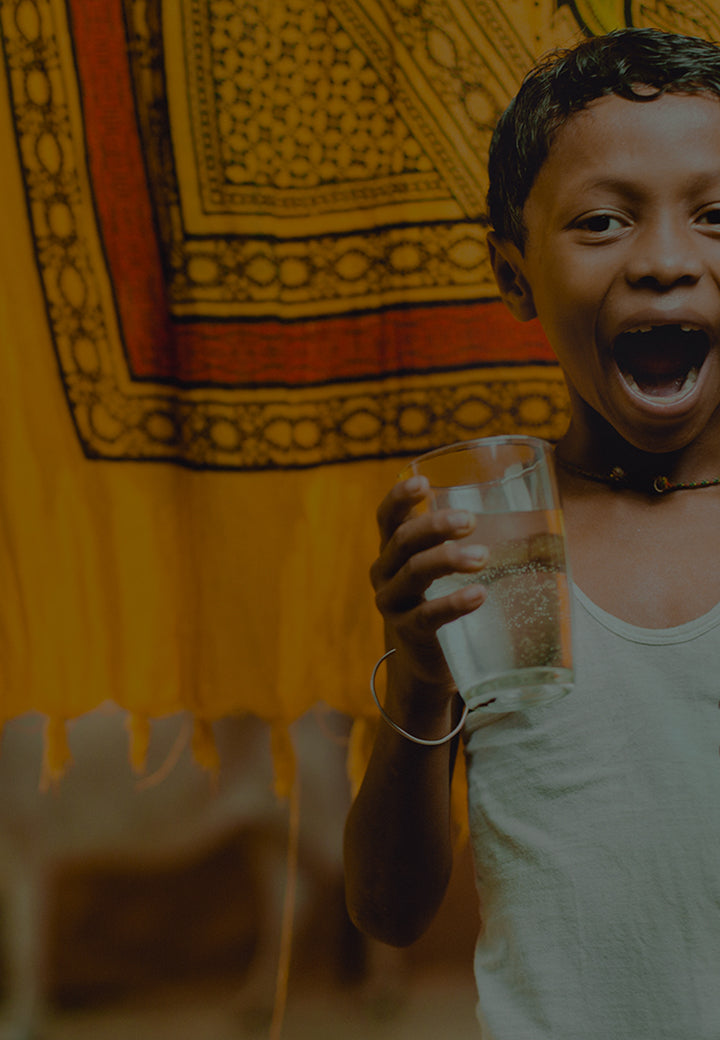
Health
Diseases from dirty water kill more people every year than all forms of violence, including war.
43% of these deaths are children under five years old. Access to clean water and basic sanitation can save around 16,000 lives every week.
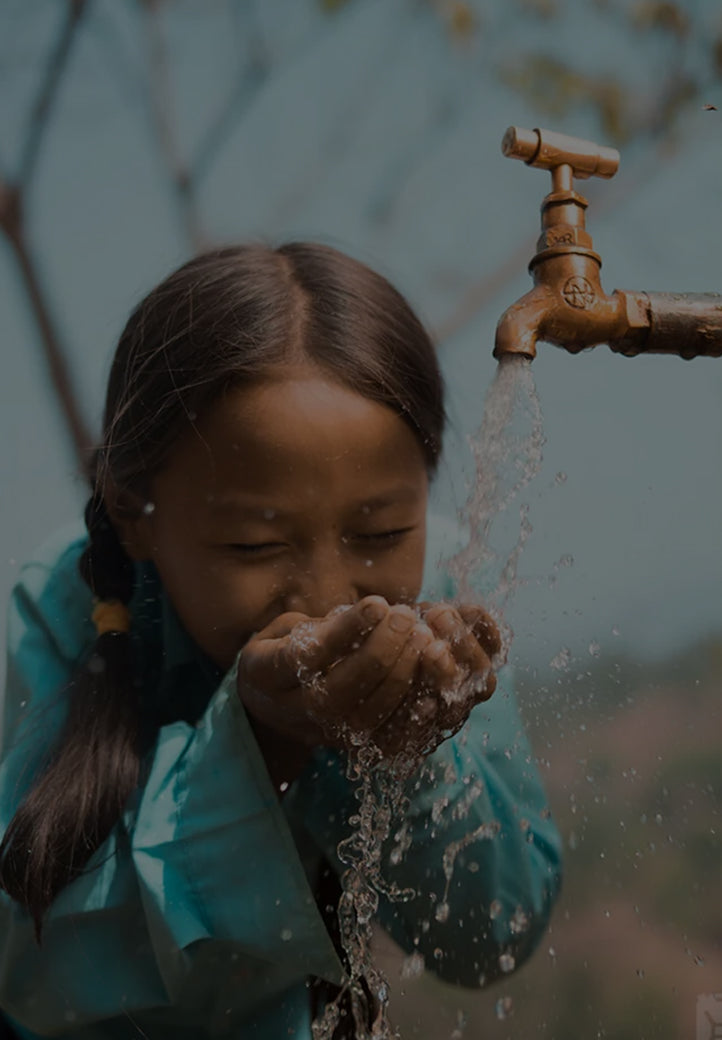
Time
Women in Sub-Saharan Africa spend an estimated combined total of 16 million hours per day collecting water.
Access to clean water gives communities more time to grow food, earn an income, and go to school — all of which fight poverty.
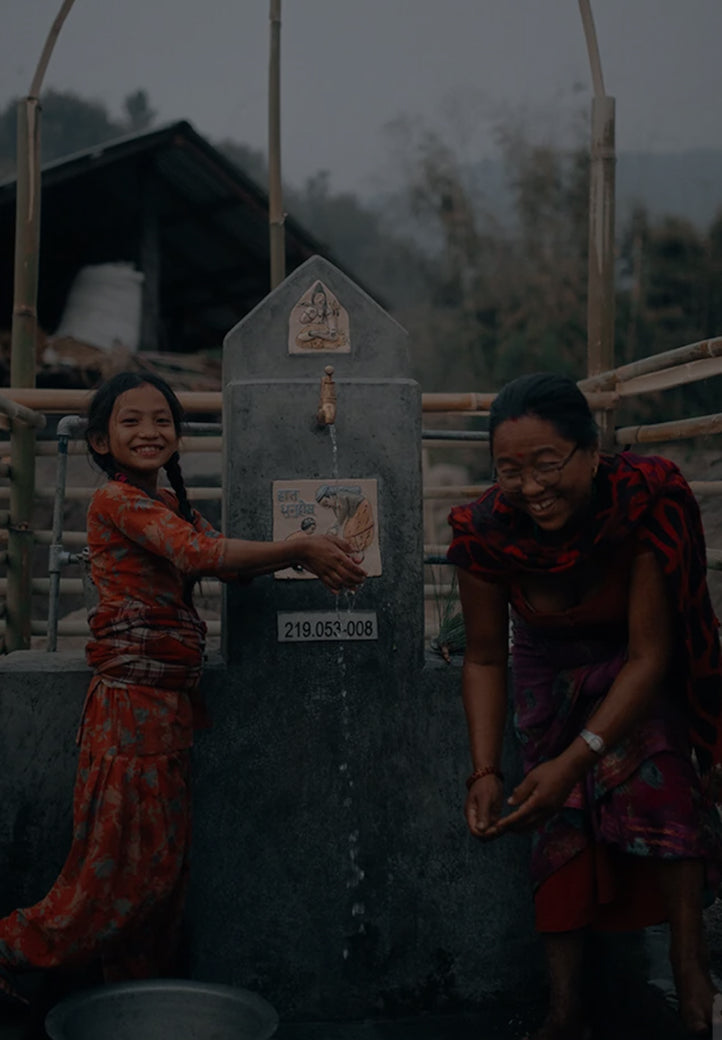
Education
Clean water helps keep kids in schools, especially girls.
Less time collecting water means more time in class. Clean water and proper toilets at school means teenage girls don’t have to stay home for a week out of every month.
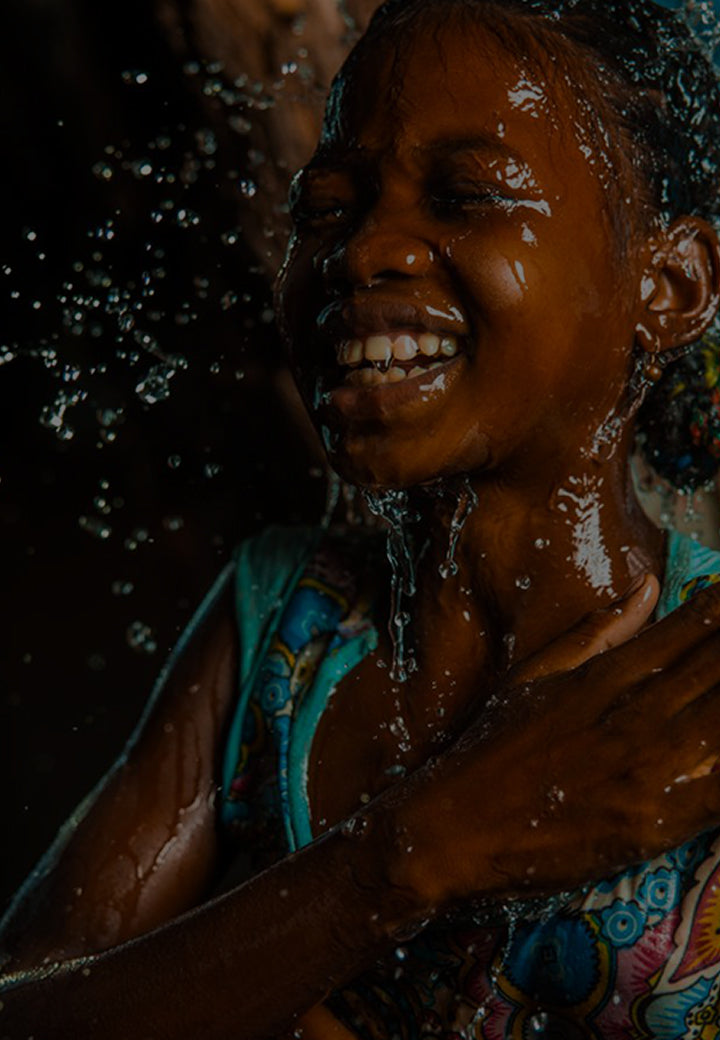
Women’s Empowerment
Women are responsible for 72% of the water collected in the Sub-Saharan Africa.
When a community gets water, women and girls get their lives back. They start businesses, improve their homes, and take charge of their own futures.


